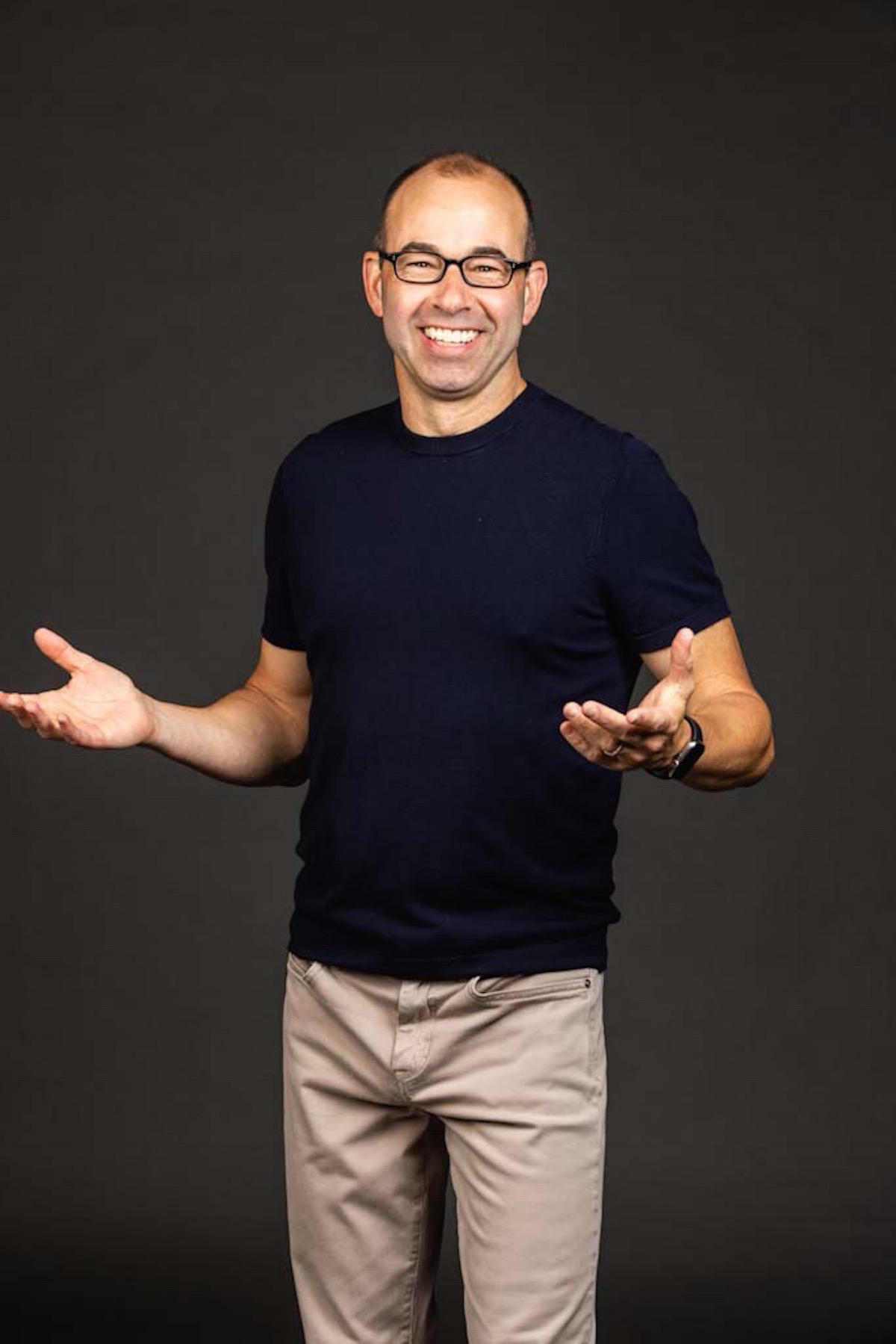Welcoming Rosh Ha’Shanah 5777, the Jewish New Year 2016
Published 9:00 am Tuesday, September 27, 2016
VALDOSTA — Rosh HaShanah begins Sunday, Oct. 2, at 7:30 p.m. and lasts for the next two days and is celebrated on the first and second day of the Hebrew month of Tishrei, which — because of differences in the solar and lunar calendar — corresponds to September or October on the secular calendar.
Customs associated with the holiday include sounding the shofar, eating a round challah, and tasting apples and honey to represent a sweet New Year.
Trending
On Rosh Hashanah, the community hears the shofar/ram horn as a sound of rejoicing, a call to God and a wake-up call to re-exam one’s self.
It is Day of Remembrance, reminding the community of God’s covenant and its relationship with Him. Because Jews celebrate this day as a birthday of the world, God serves as a king and the ruler, apples dipped in honey and round Chalah with raisins as part of the celebration.
It has been stated that Adam and Eve, the Bible’s first recorded male and female, their first actions toward the realization of mankind’s role in God’s world.
It also emphasizes the relationship between God and humanity: our dependence upon God as our creator and sustainer, and God’s dependence upon us as the ones who make His presence known and felt in His world.
Each year on Rosh Ha’Shanah, “all the inhabitants of the world pass before God like a flock of sheep,” and it is decreed in the heavenly court, “who shall live, and who shall die … who shall be impoverished, and who shall be enriched …,” and it is also the day, we proclaim God, King of the Universe.
The Kabbalists (Jewish mysticism) teach that continued existence of the universe is dependent upon the renewal of the divine desire for a world that makes a renewed commitment. The concept of Teshuvah — repentance — comes about through prayer and is manifested in deeds of charity.
Trending
The concluding day of Yom Kippur – Day of Atonement – is observed on Tuesday, Oct., at 7 p.m. and is centered round the self-examination and repentance of the entire community.
Rabbi Moshe Elbaz and Susan Rupright will officiate throughout the season. Bill Rupright serves as coordinator assisted by other members of the congregation.
Special greetings from the community at-large will be brought by the Valdosta Police Chief Brian Childress. Members of the congregation will speak of their Jewish heritage and connection to Temple Israel.
A special festive Oneg – reception — will be held at William (Bill) and Margot Pearlman and Family Social Hall being sponsored by members of the congregation at the conclusion of the evening service on Sunday, Oct. 2.
In Numbers 29:1, it states, “In the seventh month, on the first day of the month, you shall observe a sacred occasion … You shall observe it as a day when the horn is sounded.”
Thus, this period is a respite and enabling the Jewish community to retreat, rethink, reevaluate and reconfirm individual and communal life and commitment. It is a time of great celebration and subtle trepidation. We celebrate the completion of one year and the beginning of the next – the reassuring, endless cycle of time.
The synagogue is adorned with flowers, and the Holy Scrolls are covered in white mantles or covers, symbolizing humility before God.
Upon entering the synagogue, members are greeted with ‘L’shanah Tovah Tikatevu’ — May God inscribe you in the Book of Life. A Mahazor — prayer book with Hebrew prayers and commentaries — is used to express thanksgiving and celebration of God’s creation.
On Rosh Ha’shanah, Jews recall the ‘Brit’ – The Covenant – made between God and Abraham. One of the famous liturgies of the season known as ‘Avinu Mal’keynu’ Our Father, Our King … The sounding of the Shofar — the Ram’s Horn (because of its association with the binding of Isaac). The sounding of the Shofar is done in a special manner signifying God calls us for judgment. A total of 100 notes are sounded.
The 25 hours of Yom Kippur observance begins with the famous prayer of ‘Kol Nidrei’ – “All vows and promises made since last year are now released and forgiven” – recited in a moving voice.
During the Yom Kippur, day services are held to remember the departed members of the congregation — “Yizkor — Memorial Service” remembering all deceased relatives.
At the afternoon, a study session of the Prophet Jonah is held, recalling God’s forgiveness of the people of Nineve, thus, forgiving Israel at this hour of the day, as the closing of the day nears. Finally, special break-the-fast meal served following services.
Immediately after the conclusion of Yom Kippur, preparations begin for the Festival of Sukkot by beginning the construction of the Sukkah. Sukkot means “booths” or temporary huts.
In celebrating Sukkot, we remember the dwellings used by our ancestors as they traveled in the desert following the exodus from Egypt.
Rabbi Elbaz and the Board of Directors wish the entire community a most joyous New Year.
For additional information about membership, tickets and the High Holy Days schedule, please visit www.valdostatempleisrael.org or call Temple Israel and Rabbi Moshe Elbaz, (229) 244-1813.





